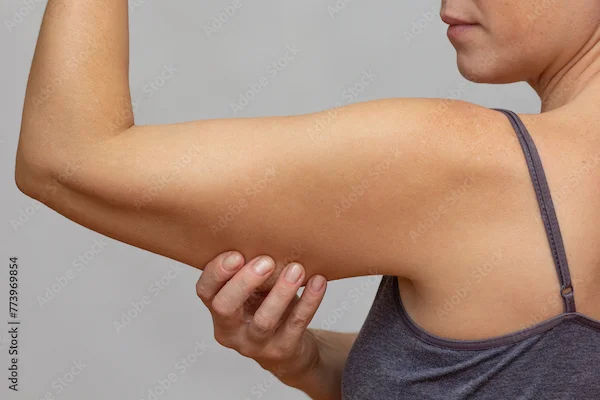- Male
- 24 Years
- 29/01/2025
I recently burned my leg with a bike silencer about three days ago. The skin in that area has turned black, and while there's no pain, there's this clear liquid on a popped blister that keeps coming back after I clean it with a cotton. Should I be worried about this? Do you think it's necessary for me to see a doctor?
Answered by 1 Apollo Doctors
Given the burn's severity, appearance, and discharge, it's essential to consult a doctor or visit a burn care clinic to assess the wound's depth, prevent infection, and promote proper healing; the transparent liquid and recurring discharge may indicate an infection, and the blackened skin could be a sign of a third-degree burn,
Dr. Dhankecha Suggests...
Consult a Dermatologist
Answered 04/07/2025
0
0

More Dermatology Health Queries
View allIve been dealing with a lot of pimples since last month, and my doctor recommended I try Melalumin TM and Nadoxin creams. I'm worried because I've heard these creams have chemicals that might darken my skin. Plus, my pimples have pus in them. What should I do?
Clinsol gel for local application is advised for 3-6 weeks.
Answered by 1 Apollo Doctors
I'm suddenly getting a bunch of bumps across my forehead, and they're popping up everywhere. What could be causing this and what should I do about it?
Visit your Physician for evaluation and appropriate management
Answered by 1 Apollo Doctors
I've been smoking for the past five years, and about a year ago, I noticed a white spot on my lips but didn't think much of it. Now I see another spot on the other side. I've quit smoking recently, but I'm worried about these spots. How can I get rid of them?
use medicine
Answered by 1 Apollo Doctors
Disclaimer: Answers on Apollo 247 are not intended to replace your doctor advice. Always seek help of a professional doctor in case of an medical emergency or ailment.




